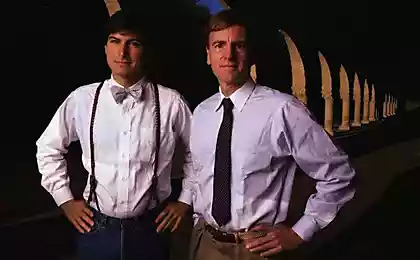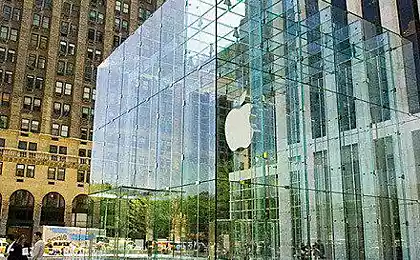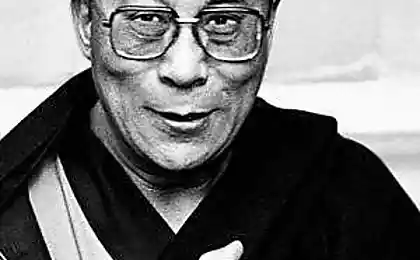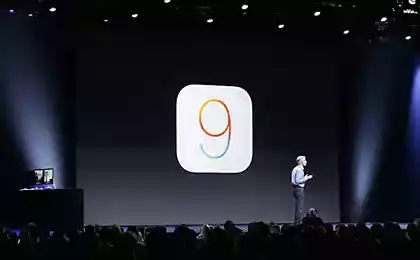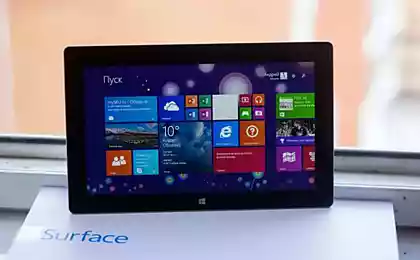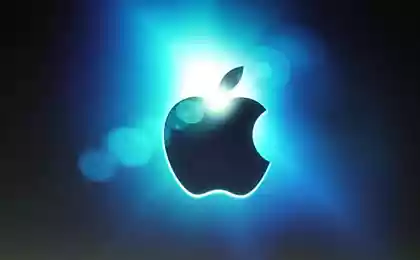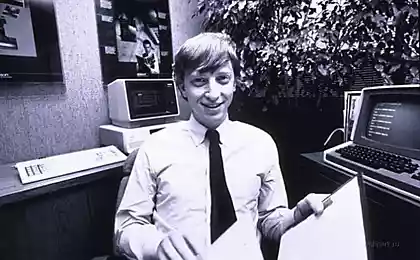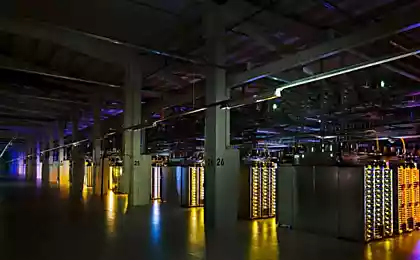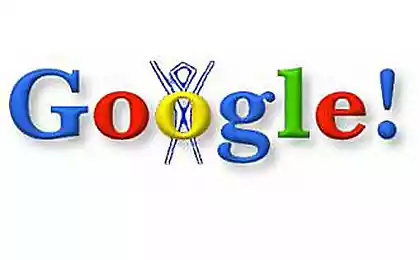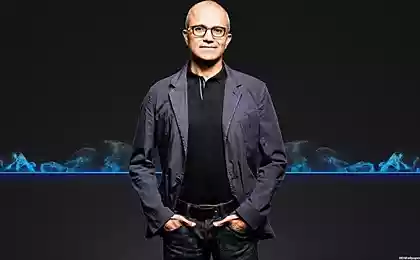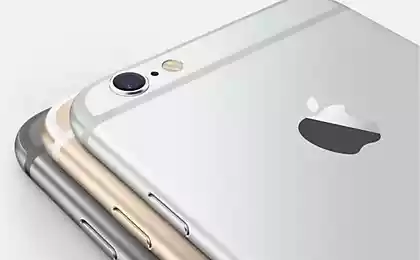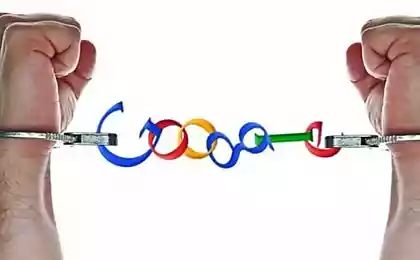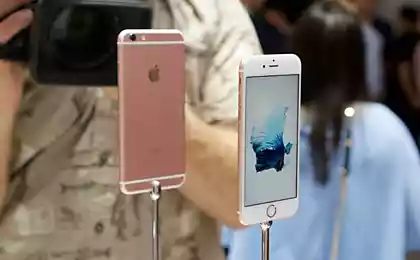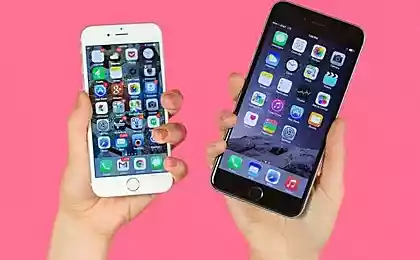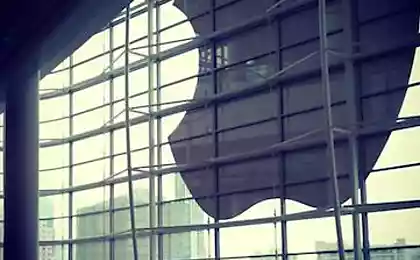750
Why do I say goodbye to Apple, Google and Microsoft

When I began to write articles on technology in the mid-90s, the Internet has just started going out to the masses. Then I advised readers not to meddle in the political and even some religious battle in defense of a particular technology platform. I called to treat technology as a tool, and use it for its intended purpose.
So why did I type this article on a laptop with GNU / Linux, the free operating system, rather than on a computer running Apple or Windows? And why all of my phones to tablets running Cyanogenmod - an offshoot of Android, focuses on privacy?
Firstly, because this laptop I can do your job. Play games. Use browser. Alternative platforms already good enough to carry everything that I need.
But more importantly - I went to them because changed his mind about technology policy. I am now convinced that the technology used in the need to invest my instincts and values. These values come from the simple idea that we lose control of the tools that we originally promised equal opportunities in innovation and self-expression. This must stop.
Control becomes centralized and powerful companies and governments are creating bottlenecks for our activities. They destroy privacy, restrict freedom of expression, and locked the culture and commerce. Too often we let them do it, we sell freedom for convenience, but the set of all different is done without our knowledge, not to mention our permission. And the tools that I try to use as much as possible, based on the values of society, not corporations.

And I'm not in the grip of paranoid fantasies. I reproduce in the technical field of the principles that have led many people to the need to switch to the "slow food", to become vegetarian, to reduce greenhouse gas emissions or to conduct business only with socially responsible companies. And I'm not going to preach. But if I can convince just a handful of people to join me, I'll be very happy. And best of all, I understand that is still very far from being technical freedom. Probably, this is not feasible in the near future. But it is a journey that should do. And if enough people go into it, we can change the world.
Part of the change in my opinion corresponds to a complete rejection of attempts to control by governments and corporations. If we believe in freedom, we have to take risks for the sake of it. If we believe in competition, sometimes society should not interfere in it and check if everything is honest.
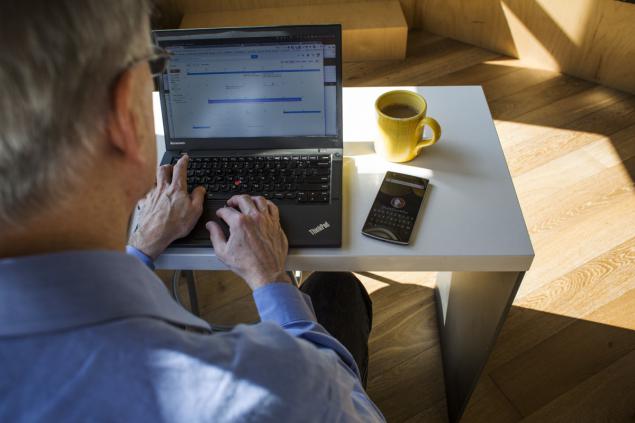
One of the ways to intervene to check the integrity - enforcing laws for the organization of a fair fight. For example, the antitrust laws that prevent companies enjoy a dominant position. A classic example is Microsoft in the 90s, which is ahead of IBM and all the others, and began to dominate the market for operating systems and office software.
In many cases, their software was not the best, but it was still more than enough. Business tactics of the company ranged from brilliant to awful, and sometimes were both here and there. Clinton administration at first lacked spirit, but then they still got together and realized that it is necessary to prohibit Microsoft unfairly push its OS and its Office products on the market and antitrust laws late 90s helped to develop innovations. Then, for example, there was Google.
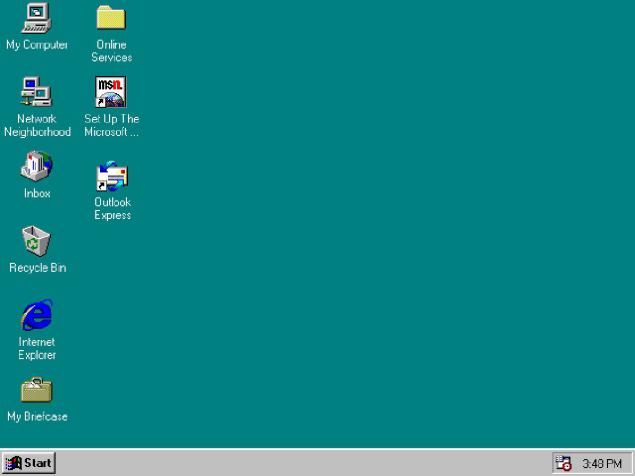
I announced its own "declaration of independence" of the software company - to the extent that it was possible to do at the time. I returned to Apple Macintosh, which at the time was working under the control of operating soundly and excellent iron. And besides periodic using Microsoft Office, I freed myself from the payment service company that I did not respect. With Apple to be easy, because the MacOS and Mac were the best at the time. And many, like me, have discovered that the Windows ecosystem brought them more problems than good.
At a press conference in Silicon Valley in the years 2000-2005 that way, I was in the minority with my MacBook. 10 years later almost all of them move on. Apple coped superbly with the creation of technologies for the past 15 years. I was told that at the time, as Windows ever stand in my way, Mac OS has not managed to fix my obstacles. And for years I promoted it to anyone who would listen.
And now I'm almost at the conferences alone do not use your Mac or iPad. What happened? Three things: the expanding influence of Apple and the new generation of technology giants; rethinking my geek pursuit of social justice; the emergence of alternatives to the normal.
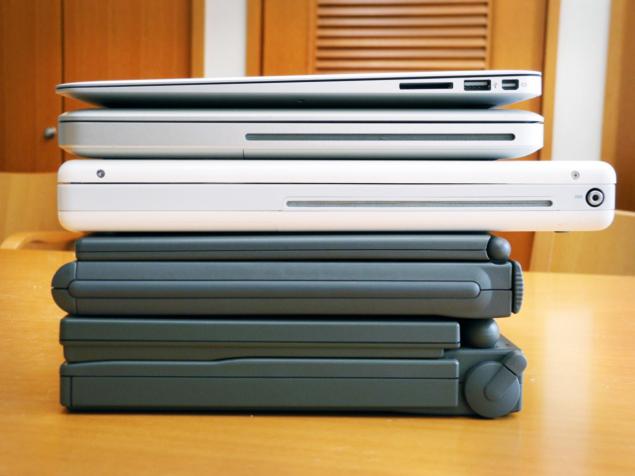
In the days of Steve Jobs Apple reflected his personality. Basically it was good, because it is always required to approach perfection. But then the company has revolutionized the mobile computers and became the market leader. She turned to the company, which I prefer not to support - has become obsessed with control of users, developers and the press. I would even say dangerous for the future of open networks and technologies, user-controlled.
At the same time, Google, Facebook and others were converted into new centers of influence another sense: a centralized entity for which surveillance of the user is a business model. They select our privacy in exchange for convenience. On mobile devices, and even computers, which are tools for liberation, began to appear more and more restrictions on their use.
Sometimes I was playing with Linux and other alternatives, and is usually found these fun tedious and unworkable. But I have always followed the statements of great people like Richard Stallman or Cory Doctorow, which indicated that we're going on a very dangerous path. I once asked Corey about how he likes to use Linux as the primary OSes. He said that it is important for him to do what he believes in. And to what extent the system works well.
So three years ago, I found one of the options Ubuntu, on the laptop Lenovo ThinkPad, and began to use the system as the core. Somewhere in the month I was confused, I did typos and missed some applications to the Mac. But I found that the software in Linux, at least fairly well, and sometimes better than competitors on Mac and Windows. And once I realized that adapted to the new system. Now I'm wrong, using a Mac.
I had a few different models of ThinkPad. Now it is T440, in my view, the best combination of size, weight, possible upgrade, support, and price. Ubuntu supports a large variety of iron, but it is particularly well - ThinkPad. Also, you can buy computers with pre-installed Linux, including several noutom from Dell. And after scandal Lenovo, in which they have offended Windows-users, I'm glad I do not use Windows, and I have an alternative for iron.
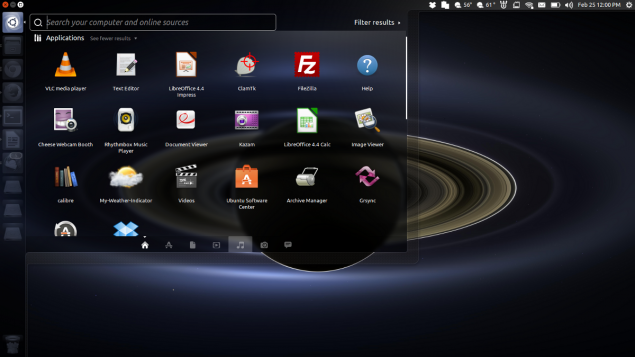
Almost all the software that I need you there for Linux, even if sometimes it is not so pretty. LibreOffice - adequate substitute for Microsoft Office in my work. Mozilla Thunderbird is sufficient for mail. Almost all the major browsers available on Linux. I mostly use Mozilla Firefox.
Some things I can not do very well - for example, complex screencast. This is when you want to record your actions on the video, add your voice comments may insert a small video window, and increase the right places the screen. I would have paid for a good program of this kind, but it simply does not exist. To do this, I switch back to Windows, which comes with the ThinkPad, and run the program Camtasia.
With the growing popularity of mobile devices, I had to rethink its attitude towards this platform. I still think that the iPhone is the best combination of software and hardware, but I do not use it because of the obsessive control of Apple. I stopped for Android, which is more open and more easily modified.
But Google's influence me too worried, but I trust them more than others. Google release Android well, but spying on the user too much built into the system. And software developers are enthusiastic collecting private data.
But the team began to appear alternative projects based on the Android, taking as a basis the software and improve it. In particular, these changes allow much more control over privacy settings than is possible in standard android.
One of the best projects of this kind - Cyanogenmod. I saw it on one of the pre-phones, OnePlus One, and then install it on one of the phones, which originally was an ordinary Android. And I do not just use the settings improved "security guard", but messages encrypted by default.
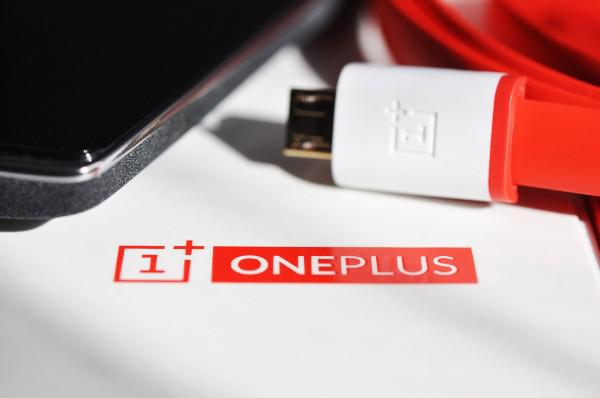
Cyanogenmod has grown from a simple group of volunteers. Some of the founders separated and organized a separate non-profit company funded by investors from Silicon Valley. I share the concerns of many enthusiasts, this fact will spoil Cyanogen, and will withdraw it from the concept of "everything is under control of the user." If that happens, I'll be able to try one of the many other alternative versions of Android.
My inner geeks (and the computers I had more to 70s) enjoyed everything going on, at least until it starts to annoy me. I like to understand the technology used by me. Another need something that just works - I'd like everything to be easy. The situation is improving: technology is becoming easier, safer and become good enough. But then, to get back control of the technology still requires effort.
I admit, after all, what have I done to become more independent, I still use some software from Microsoft and Google. It makes me a little bit of a hypocrite. Google Maps - irreplaceable thing on a smartphone (Open Street Map - cool design, but not enough). Sometimes I need to do something in Windows. Path to Freedom has many technical branches, as everywhere, there are nuances.
So I kept looking for ways to decrease my according to the different institutions. One of my old tablets running under Cyanogenmod, and on it I'm testing the possible existence of less dependent on Google.
It is suitable for home use, and getting better as the location of various free software (mainly through the library F-Droid). I even found a tablet version of Ubuntu, but it is still too raw. Maybe, Firefox OS will reach something.
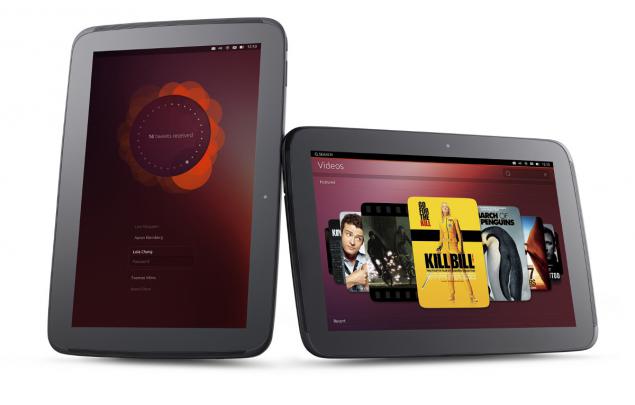
But I do not expect that an open software and open hardware will soon become the norm for most users. And maybe never will - despite the fact that the software provides the open Internet.
Our economy is adapted to the solutions offered by community organizations. We have to admit that people still prefer the convenience of control. More and more people are aware of the shortcomings that come with this deal, and one day we all recognize it diabolical.
I hope that manufacturers will increasingly see the benefits of the release of their users from proprietary control. So I was delighted when Dell, which used to be in one team with Microsoft, offered a laptop running Linux. If the smaller players in the industry do not pleased to be pawns of software companies and mobile operators, they also have the possibility to change the situation.
Meanwhile, I'm trying to convince more and more people find ways to take control of themselves. To achieve the freedom you need to spend forces, but it is worth it. I hope that you think about, to join me in my journey.
Source: geektimes.ru/post/264402/
NYPD using mobile X-ray scanners, without the knowledge and consent of citizens
The evolution of media: on punch cards, magnetic tapes and floppy disks

